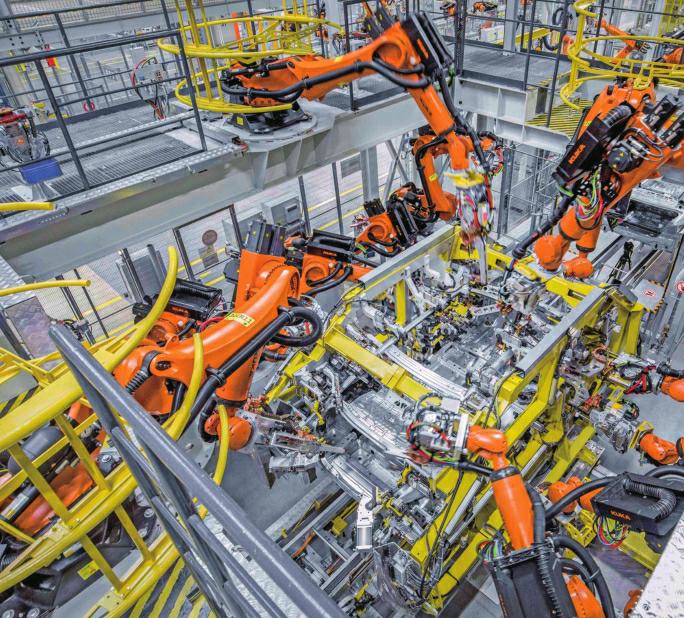Fewer Restrictions on Foreign Investment
2017-06-22

By shortening its negative list for foreign investment, China further opens its vast market.
Revised guidance for foreign investment in China will soon come into force, with relaxed restrictions on foreign ownership in automotive electronics, new energy vehicle batteries, motorcycles and other industries, the Ministry of Commerce announced on May 25.
The new guidance was adopted on May 23 at the 35th meeting of the Central Leading Group for Deepening Overall Reform, which urged further opening up in such sectors as services, manufacturing and mining.
A draft of the new guidance, published earlier this year to solicit public opinion, showed the number of industries in which foreign investment is either restricted or not permitted, which together comprise the socalled negative list, would be cut from 93 to 62.
The change is viewed as another signifi -cant move by China to open up its economy for mutual benefi t in a global environment of rising protectionism.
“It was a step forward for China to open up its economy on a larger scale and deeper level,” said Liu Hong from the China Association of International Trade.
China is moving fast to lower thresholds for foreign investors. More industries have been made accessible to foreign investment in the nations free trade zones, while laws were amended last year to simplify the approval procedures for foreign companies.
Today, over 95 percent of new foreign enterprises do not need government approval before they are set up in China, and registration takes less than three days, compared with the 20-plus days previously required, according to Fang Aiqing, Vice Minister of Commerce.
Authorities have also pledged to treat foreign firms the same as domestic companies when it comes to license applications, standards-setting and government procurement.
Wang Diankai, an economist at Capital University of Economics and Business, hailed the negative list approach, calling it a major change in Chinas management of inbound investment.
“The approach sets the limits of government authority and gives foreign fi rms more freedom,” Wang said.
China piloted the negative list approach for foreign investment in the Shanghai Free Trade Zone in 2013 and is expanding it to other regions.
“The overall market environment in China is increasingly regulated and fair, with improved laws, reduced red tape and better protection of intellectual property rights,” said Sara Dai, regional president for Asia Pacific of Danish biotechnology giant Novozymes.
Meanwhile, she called for further expansion of market access and clearer regulations to encourage orderly competition.
China has become Novozymes most important growth engine and center of research, production and operation.
“With Chinas progress in opening up, foreign companies have stronger confi dence and determination in plowing deeper into the Chinese market,” Dai said.
